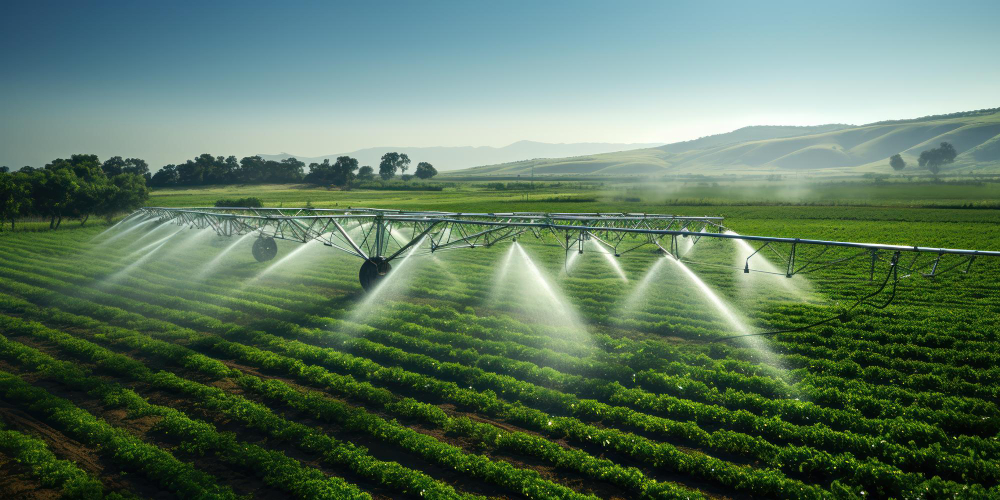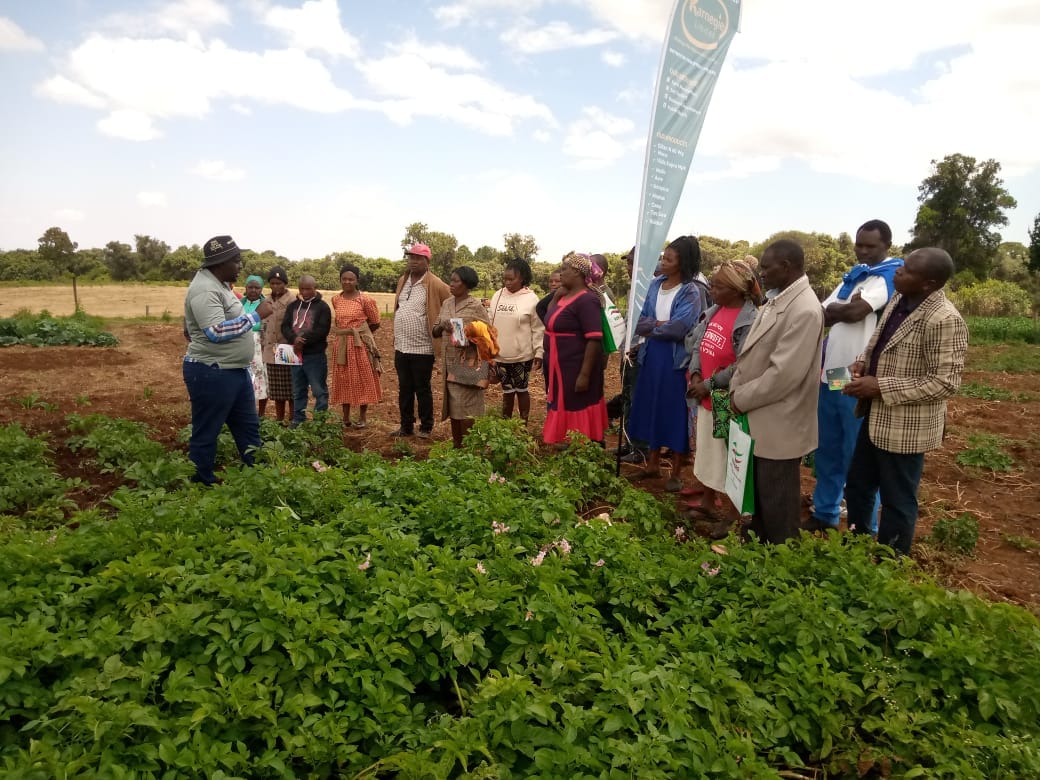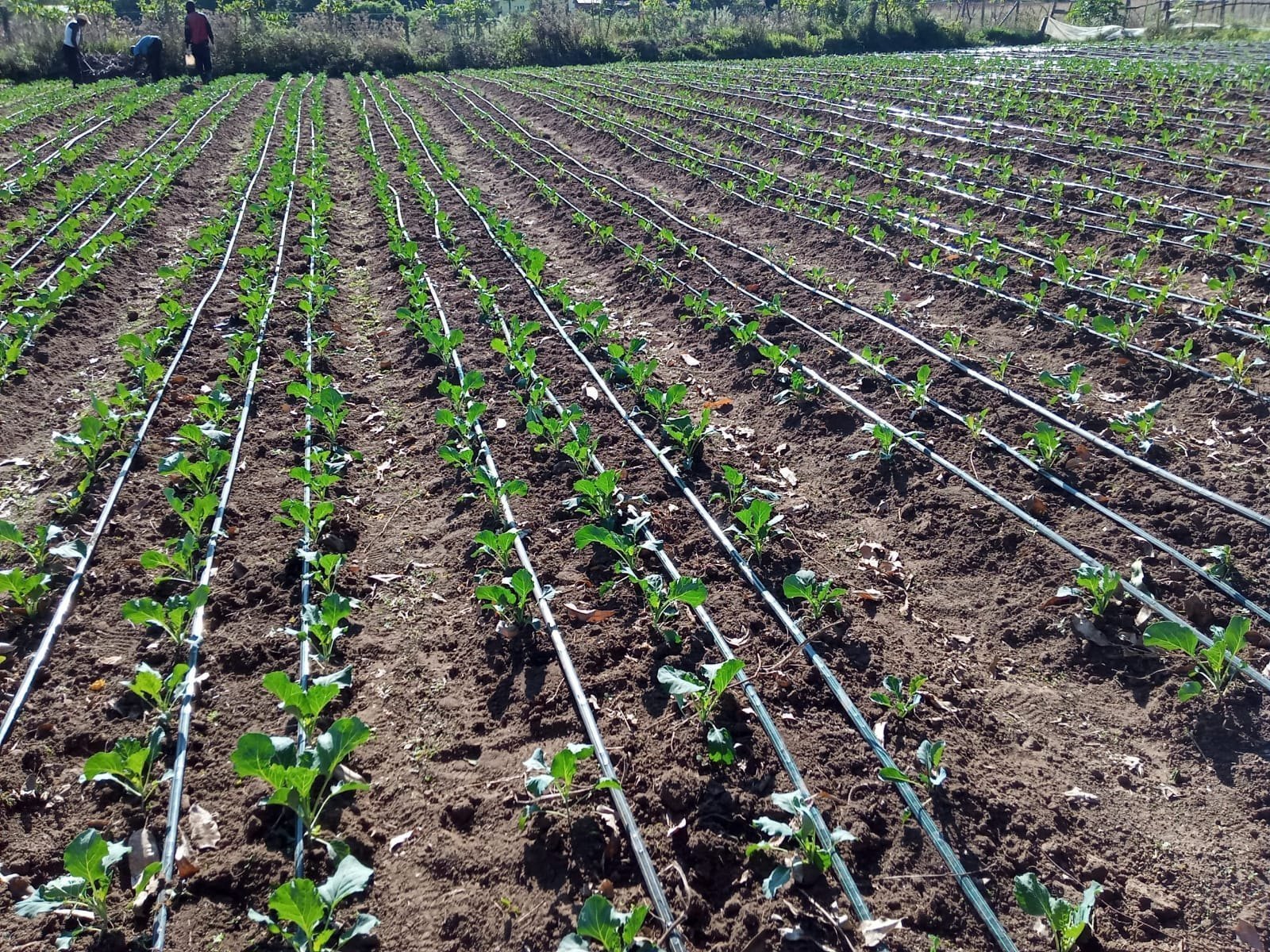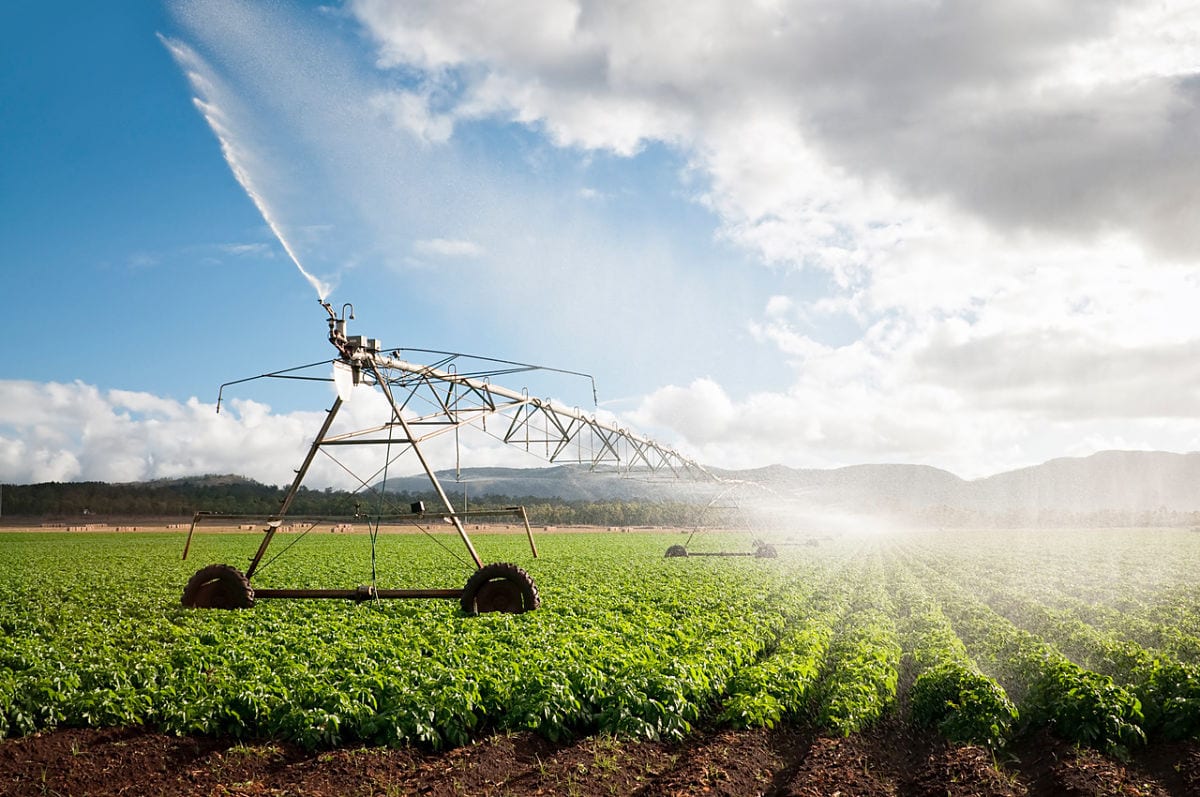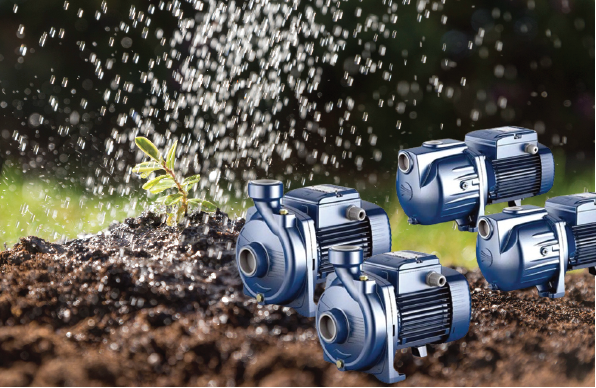Irrigation Farming – Kenya, like many other nations, faces the constant challenge of ensuring food security for its growing population. A pivotal solution lies in optimizing irrigation practices, harnessing water resources efficiently to maximize agricultural output. This article delves into best irrigation practices that can revolutionize Kenya’s agricultural landscape, fostering sustainable food production.
Drip Irrigation Systems
Drip irrigation stands out as a highly efficient method, delivering water directly to the plant’s root zone. In Kenya, where water scarcity is a concern, this method minimizes wastage by providing controlled and targeted irrigation. Farmers can adopt modern drip systems with automated controls, ensuring precise water distribution while conserving this precious resource.
Conservation Agriculture
Incorporating conservation agriculture practices alongside irrigation can enhance overall productivity. Techniques like minimal tillage, cover cropping, and crop rotation improve soil structure, reduce erosion, and enhance water retention. These practices, coupled with strategic irrigation, contribute to sustained agricultural growth, mitigating environmental impact.
Rainwater Harvesting
Kenya experiences seasonal rainfall variations, making rainwater harvesting a critical component of sustainable agriculture. Farmers can invest in rainwater collection systems, such as rooftop harvesting and small-scale reservoirs. Utilizing collected rainwater during dry periods complements irrigation efforts, reducing dependency on external water sources.
Smart Irrigation Technologies
Modernizing irrigation with smart technologies can significantly boost efficiency. Soil moisture sensors, weather forecasting tools, and automated irrigation systems help farmers make informed decisions. By aligning irrigation schedules with actual crop needs and weather conditions, farmers optimize water usage and enhance overall productivity.
Efficient Water Management
Implementing water management practices, such as canal lining and leveling, minimizes water losses due to seepage and uneven distribution. Adequate maintenance of irrigation infrastructure ensures that water reaches crops consistently, preventing unnecessary losses and maximizing agricultural yield.
Agroforestry Integration
Integrating agroforestry into irrigation practices contributes to holistic land management. Planting trees alongside crops helps in moisture retention, reduces soil erosion, and provides additional income through the sale of timber and non-timber forest products. This integrated approach fosters sustainable agricultural practices in Kenya.
Crop Selection and Rotation
Choosing suitable crops for specific regions and practicing crop rotation are essential aspects of efficient irrigation. Understanding the water requirements of different crops enables farmers to optimize irrigation schedules and resource allocation. Crop rotation minimizes soil depletion, promotes nutrient balance, and mitigates the risk of pests and diseases.
Community-Based Irrigation Schemes
Encouraging community-based irrigation schemes fosters collective responsibility and resource management. Farmers can collaborate to construct and maintain irrigation infrastructure, share knowledge, and collectively address water scarcity challenges. Such schemes empower local communities, creating a foundation for sustainable agriculture.
Conclusion:
Kenya’s journey towards food security hinges on adopting and implementing sustainable irrigation practices. Drip irrigation, conservation agriculture, rainwater harvesting, smart technologies, water management, agroforestry, and community-based approaches collectively form a robust strategy. As Kenya navigates its agricultural landscape, prioritizing these practices will not only enhance food production but also ensure the long-term sustainability of the nation’s agricultural sector. Embracing innovation, collaboration, and conservation will pave the way for a thriving and resilient future in Kenyan agriculture.
Contact Us:
Website: – Click Here
WhatsApp | Call: +254 743 149 267 | + 254 738 352 258
Email Address: info@beseenlimited.com | sales@beseenlimited.com
Follow our IG: @TrendBlendHubKe

